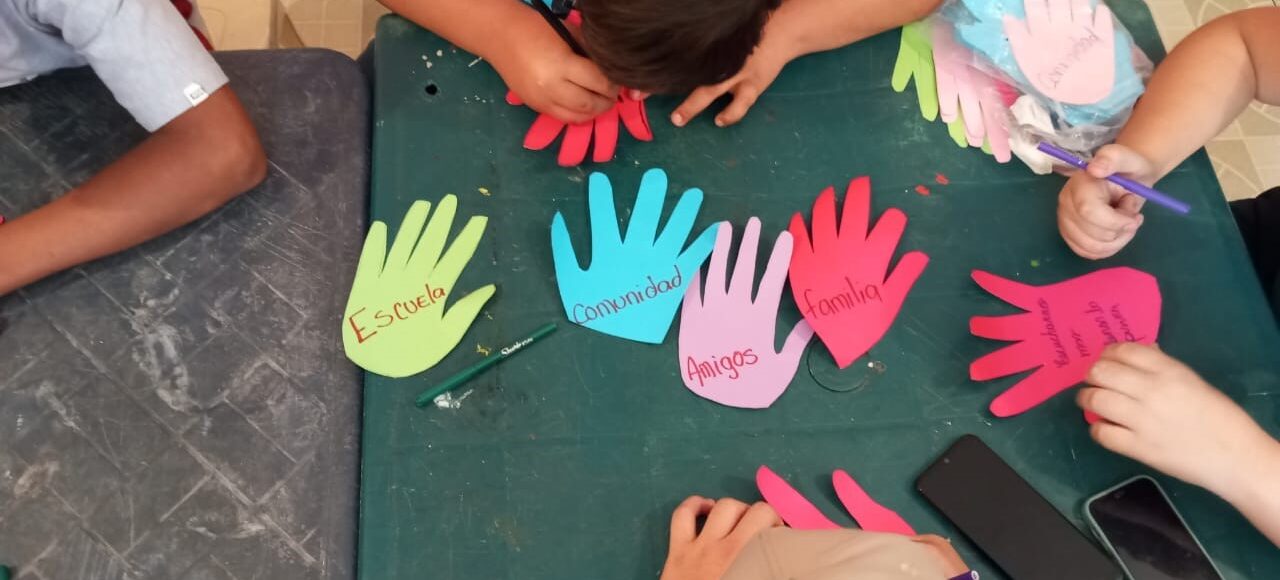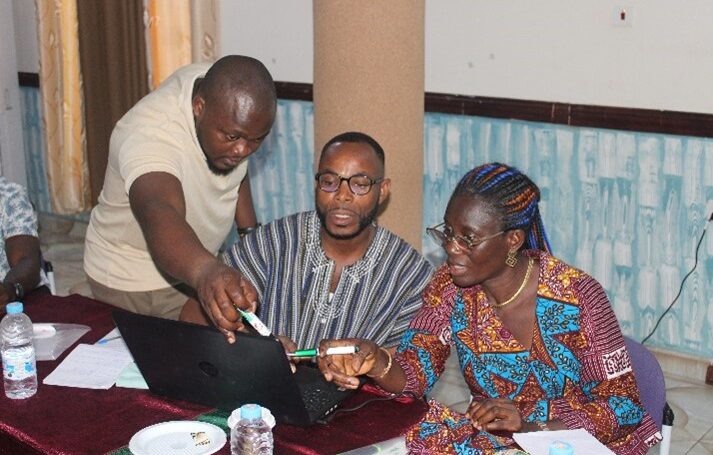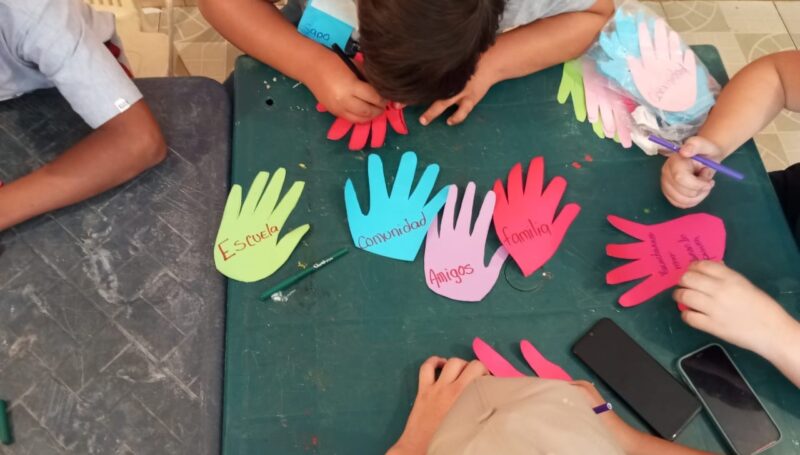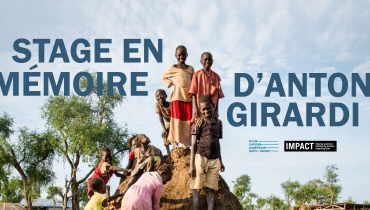The political and economic crisis in #Venezuela continues to cause #migration flows that affect the safety and livelihoods of those migrating and host communities. By 2024, 7.8 million migrants and refugees left Venezuela, with Colombia receiving the most. 36.6% of the Venezuelan population in transit in Colombia are children and adolescents who face barriers to accessing education, discrimination and bullying (GIFMM 2022).
Between 13 September and 1 October 2024, IMPACT, through its initiative REACH, conducted an assessment with children and adolescents, caregivers and experts, to understand how young people are affected by migration in a host community in Maicao, Colombia, on the border with Venezuela. Focus groups and key actors (KA) interviews with protection experts were held with the support of Save the Children to understand the experiences and needs of children who have migrated and those who have remained. For a full analysis of the findings, please find the full report here: Situation Overview.
In a climate of reduced funding, studies of this kind are critical to assess the needs and experiences of children and adolescents. With this information, we can inform a more effective cross-sector response to improve their wellbeing while ensuring their voices are heard.
Key recommendations made by children, adolescents, carers and key actors:
- Strengthening family communication and community ties is essential. Venezuelan children and adolescents emphasised the need for greater emotional support and understanding within their families. Support is needed to implement strategies that promote positive communication practices, such as active listening within families, as well as community spaces that foster stronger social connections.
- Improving access to quality education is critical for the development, safety and well-being of children and young people. In Colombia, access to education for those living in informal settlements must be improved, as well as school infrastructure, resources, and recreational areas. More teachers are needed as well as training so they can identify and prevent bullying.
- Improving the safety of public spaces is essential for the protection and well-being of young people. Strengthening networks of support and collaboration between the community and local authorities is key to enhancing responses to security risks. Safer recreational spaces are needed which require more maintenance, secure playgrounds, and better public lighting. Participants also emphasised the need for more psychological support and safe spaces provided by humanitarian organisations.
- A multisectoral response is essential to address the diverse needs of children and adolescents affected by migration. Beyond strengthening education and protection, responses should also improve water, sanitation and hygiene (WASH) services and promote entrepreneurship and sustainable livelihoods, always considering the local context. This will not only contribute to the safety and well-being of children, but also reduce their vulnerability, school absenteeism and the need to migrate.









